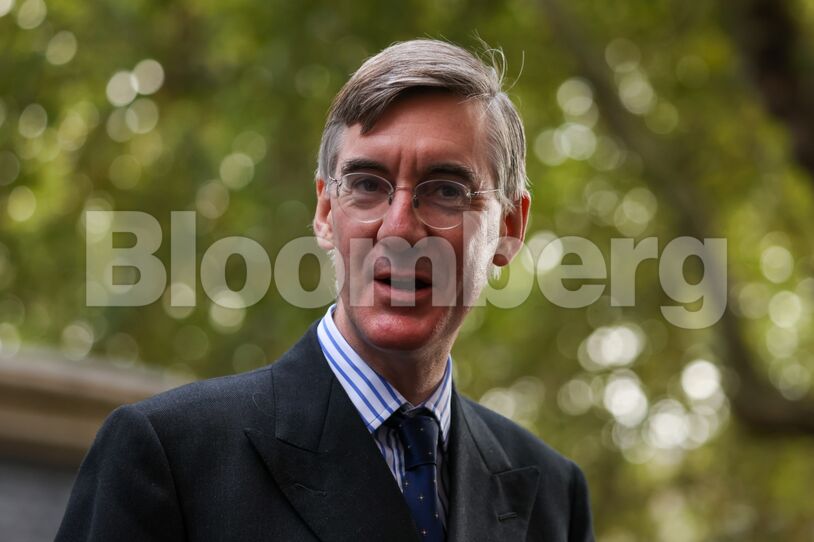Russia’s use of natural gas supplies to pressure Europe over its support for Ukraine has made energy security paramount for politicians across the region. But almost a year after the UK hosted a global climate change summit in Glasgow, Liz Truss’s decision to make Rees-Mogg secretary of state at the Department of Business, Energy and Industrial Strategy has caused alarm among environmental campaigners, who question his commitment to Britain’s legally binding net zero target.
“Rees-Mogg is the last person who should be in charge of the energy brief, at the worst possible moment,” said Rebecca Newsom, head of politics for Greenpeace UK. “This will either be a massive own goal for Truss’s efforts to tackle the cost of living crisis or Rees-Mogg will have to do the steepest learning curve in history as he gets to grips with the issues facing our country.”
In a 2013 column for the Telegraph newspaper, Rees-Mogg, 53, blamed high energy prices on “climate alarmism” that pushed support for expensive nuclear and wind power over cheap, but polluting coal and natural gas. The climate group DeSmog has compiled a litany of Rees-Mogg’s comments over the years where he voiced skepticism about climate change and the ability of policies to address it.
The Conservative-led governments in charge since 2010 have been criticized for policies that fail to match the ambition of the net-zero goal and helped contribute to the current energy crisis. Ministers gutted funding for energy efficiency measures, allowed a gas storage site to close and stifled the expansion of onshore wind.
But alongside Rees-Mogg, Truss also appointed Graham Stuart to be minister for climate and to serve in her cabinet. That brings a seasoned supporter of climate policies into the center of government, helping to keep the UK focused on its emissions-cutting goals alongside the near-term cost crisis.
Stuart’s “a long-standing supporter of climate action in the UK and internationally,” said Josh Buckland, senior fellow for energy and environment at Policy Exchange. “Given the scale of the energy crisis, it’s clear we need a strong voice on climate on a daily basis.”
In recent years, Rees-Mogg’s views appear to have evolved somewhat.
In a March interview on his The Moggcast podcast published by the Conservative Home news outlet, he laid out three pillars of energy policy: keeping prices low, reducing carbon emissions and maintaining security of supply. In his view, all three of those aspects depend on extracting more oil and gas from Britain’s resources in the North Sea that have been in decline in recent years.
“The green blob has had the view that UK energy is bad in principle and therefore it’s better to bring it in from elsewhere. I’ve never seen the logic of that,” he said. “It doesn’t have a knock on effect on net zero. It’s more environmentally friendly to use gas you have on hand than to import gas in liquefied form from other parts of the world.”
Rees-Mogg, who had a career in investment management before entering parliament in 2010, also voiced support for fracking to extract gas from shale rock under the ground, a practice that has been stymied in the UK by overwhelming opposition from people who live near potential extraction sites. Worries about fracking’s potential to cause earthquakes may be overblown, he said.
“The question is, ‘Is it safe to do?’” Rees-Mogg said. “People hear about a two on the Richter scale and think it’s the San Francisco earthquake which of course it isn’t.”
Share This:




 CDN NEWS |
CDN NEWS |  US NEWS
US NEWS 






























